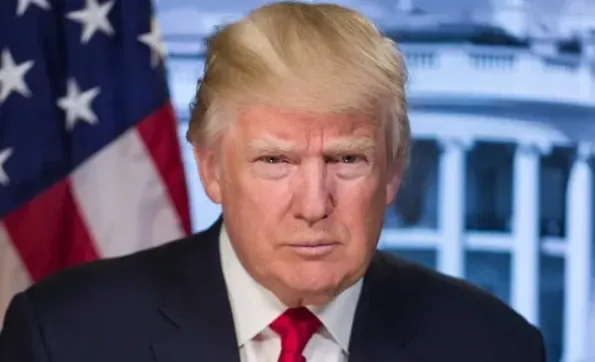From the onset of his presidency, Donald Trump’s contentious relationship with the intelligence community, particularly the CIA, has posed significant risks to national security and agency morale. Trump’s initial opportunity to foster a cooperative relationship with intelligence agencies during his visit to the CIA Headquarters on January 21, 2017, quickly deteriorated. Despite this chance, Trump took to accusing intelligence agencies of leaking damaging information about his personal and financial ties to Russian operatives, thus sowing seeds of distrust and confrontation.
Trump’s demands for unwavering loyalty and his habit of questioning the credibility of intelligence assessments caused substantial disruption within the intelligence community. The president’s repeated undermining of key intelligence findings and his preference for loyalty over competence not only strained internal dynamics but also jeopardized the reliability of critical national security judgments. Such actions have led to heightened concern among intelligence professionals about maintaining independence and objectivity, which are essential for providing unbiased, accurate assessments.
The broader implications of Trump’s adversarial stance towards the CIA and other intelligence agencies include the potential weakening of the timely and accurate flow of information that is vital for safeguarding national security. Politicization and breaches of confidence within these institutions can compromise their ability to function effectively, thereby heightening vulnerability to threats both domestic and international. This tense relationship underscored the critical importance of sustaining the independence and integrity of intelligence agencies to ensure they can operate free from political influence and continue to provide reliable intelligence necessary for informed decision-making.













